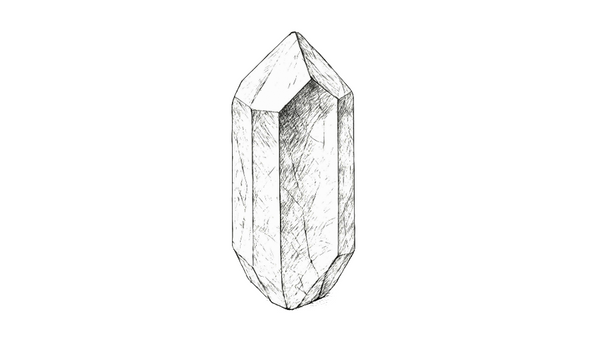WHAT ARE PFAS?
PFAS have been being used in consumer products since the 1950s.
PFAS are chemicals found in many consumer products and have become a concern for being “forever chemicals” that persist in the environment and can cause reproductive harm and cancer. There are roughly 12,000 of these chemicals in existence.
PFAS stands for polyfluoroalkyl substances and contains many synthetic chemicals which have the following properties, resistance to heat, chemicals and ultraviolet rays, repellent to water and oils, less adhesive, less conductive to electricity, less refractive to light.
PFAS are long lasting chemicals and break down very slowly in the environment. If they can build up in the outdoor environment they can also buildup in your home environment. They can be toxic at very low levels and California is working to ban PFAS in everyday cleaning products.
WHAT TO LOOK FOR ON A LABEL?
Chemical name may have “fluor” or “PTFE” in the list of ingredients.
They can sneak into an ingredient list because there are so many names. Some things you can check for is if there is an Environmental Product Declaration (EPD) or Health Product Declaration (HPD) on the ingredients label.
When you see Green Seal and/or Safer Choice certified items this indicates PFAS free because they eliminated all products from their catalog that include PFAS as ingredients.
WHAT PRODUCTS ARE PFAS FOUND IN?
Cleaning Products:
Glass and hard surface cleaners, fabric and carpet cleaners, dishwashing rinse aids, floor sealers and finishes, aerosol propellant-based cleaners and air fresheners, waxes and polishes for floors and furniture, waxes and polishes for cars and boat vessels, laundry detergent
Body Care Products:
Cosmetics, sunscreen, shaving cream, hand soaps, shampoo, conditioner, dental floss, baby and child products
Food:
Tea, microwave popcorn, seafood, eggs, dairy products, organic pasta sauces, canola oils, nut butters, pork, candy, sports drinks, chips, bottled water, bread, pasta, fast food packaging, food packaging paper and paperboard, wax coated paper
Other:
Non stick cookware, water and stain resistant clothing and carpeting, shoes, paints, fire fighting foams, toilet paper, furniture, building materials, PPE, refrigerators, freezers, ice makers
EFFECTS ON PEOPLE
In the human body they can lead to health problems such as liver damage, thyroid disease, obesity, fertility issues and cancer.
EFFECTS ON THE ENVIRONMENT
Bioaccumulates in soil, water and air. They are called “forever chemicals” because they are very persistent in the environment. They have a half life of over 92 years in water and can take over 1,000 years to degrade in the soil.
Most municipal water treatment systems can’t filter them out and removing them from the soil is difficult, expensive and time consuming.
PFAS are found in groundwater like lakes and rivers and are being found in high levels in some fish, especially bottom feeders.
EFFECTS ON WILDLIFE
Suppressed immunity, liver damage, developmental and reproductive issues, nervous and endocrine system impacts, gut microbiome/bowel disease and more.
INDUSTRIES USED IN
Firefighting, electronics, textiles, food packaging, personal care products, construction, aerospace, medical, pharmaceuticals, sustainable energy.
A quote from epa.gov:
“EPA's researchers and partners across the country are working hard to answer critical questions about PFAS:
- How to better and more efficiently detect and measure PFAS in our air, water, soil, and fish and wildlife
- How much people are exposed to PFAS
- How harmful PFAS are to people and the environment
- How to remove PFAS from drinking water
- How to manage and dispose of PFAS”
https://www.epa.gov/pfas/pfas-explained
A quote from consumernotice.org:
"PFAS (per- and polyfluoroalkyl substances) found in cleaning products present significant health and environmental risks. These chemicals, known for their durability and water-resistant properties, can persist in the environment and accumulate in the human body over time. Opting for organic cleaning products offers a safer alternative, as they are free from harmful chemicals like PFAS. Organic cleaners rely on natural ingredients that are biodegradable and non-toxic, promoting a healthier home environment and reducing the ecological footprint. Here you can see information about some products with PFAS."
Shop our whole site for PFAS free products!
May your home be a safe haven for you and all your loved ones.
♡︎M

